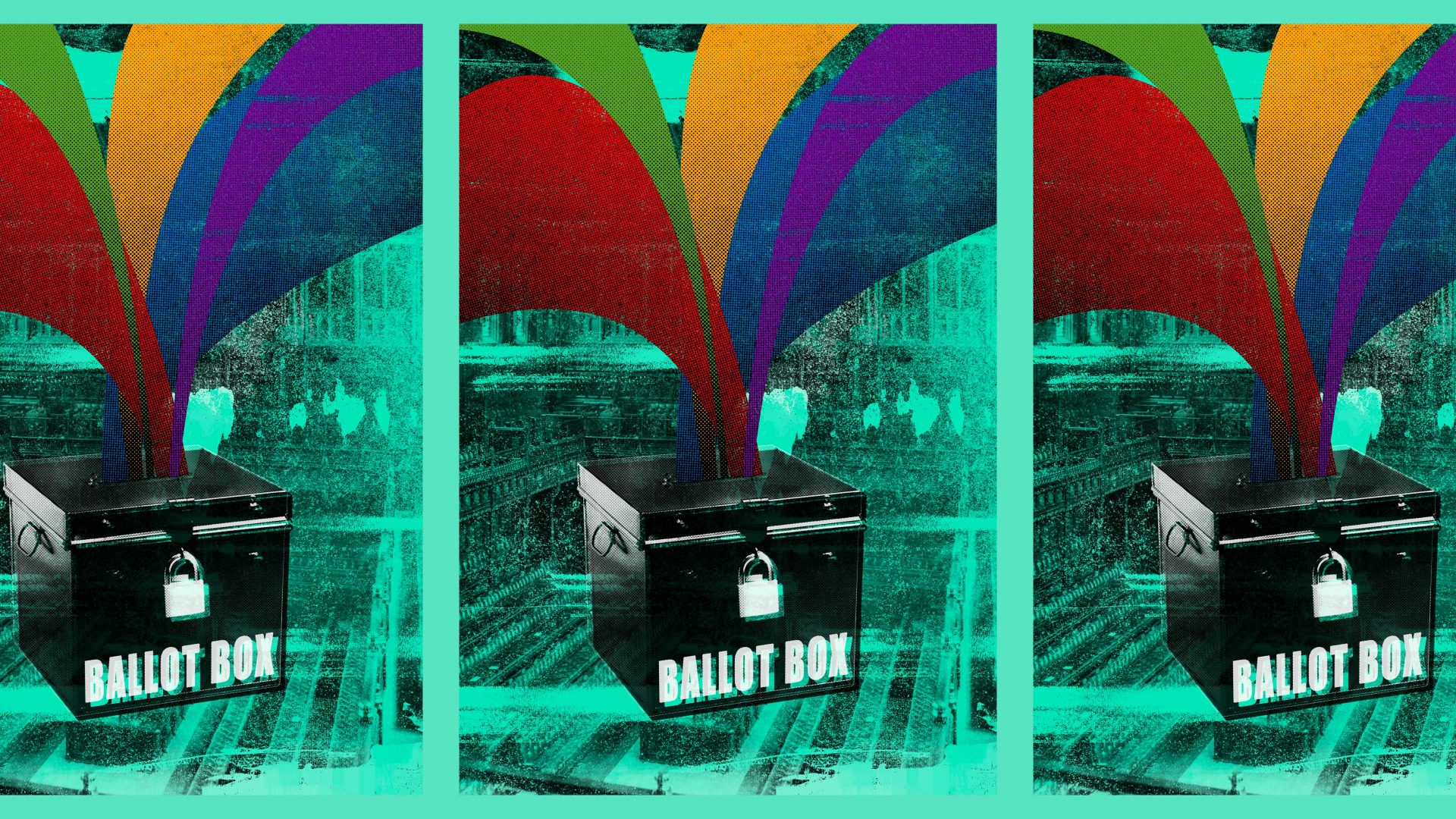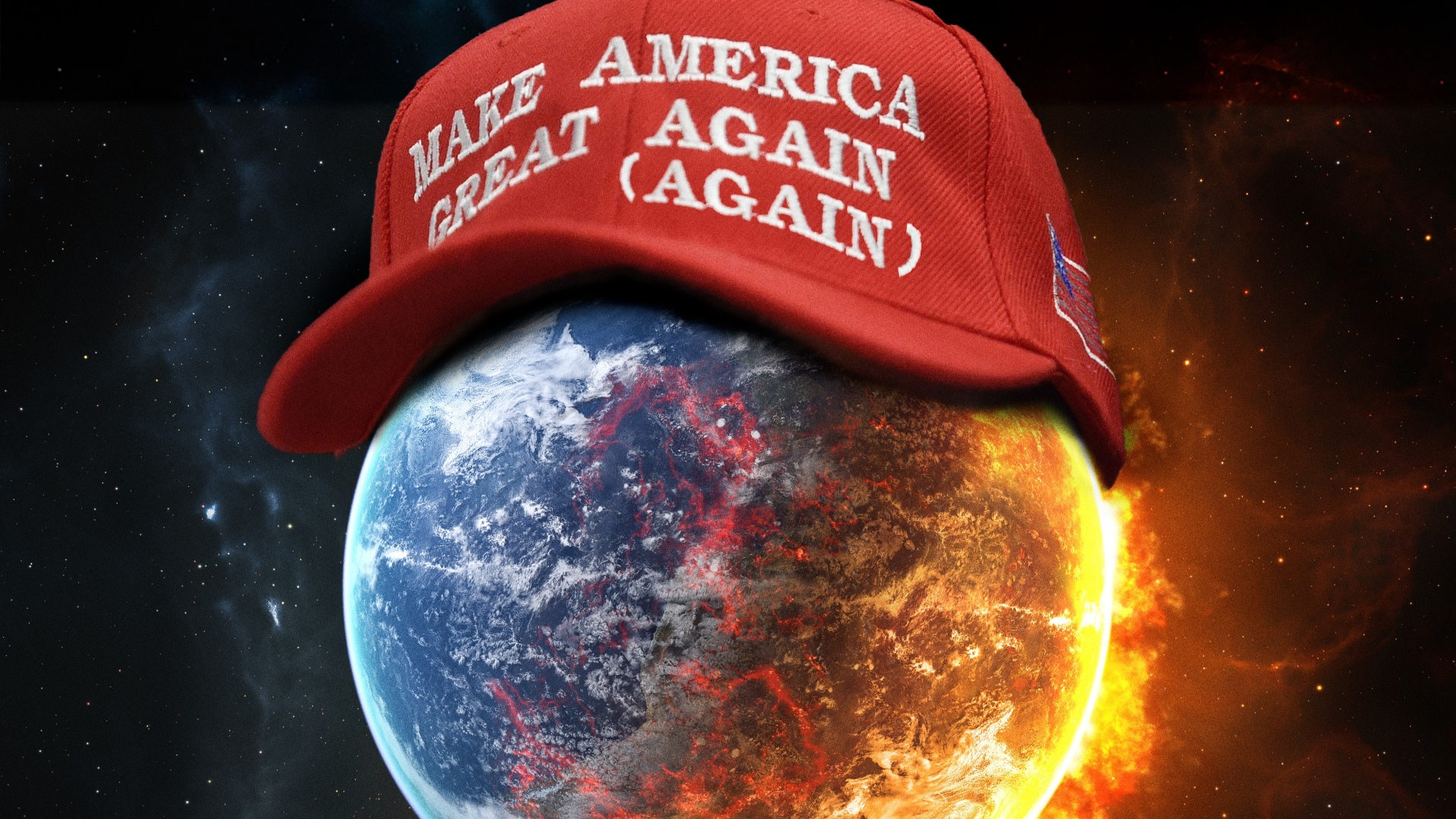In 2024 more than half of the planet, across some of the world’s biggest democracies – including the US, India, the UK, and the EU, will vote. At the same time, the international rules-based order that has been in place since 1945 will continue to fragment. The attempted shift from fossil fuels to green energy and its associated technologies will complicate this fragmentation. The greatest risks, such as the climate crisis and unregulated technological advances, will interact with geopolitics in increasingly unpredictable ways.
In recent months, the German chancellor Olaf Scholz, the French president Emmanuel Macron, and the Russian president Vladimir Putin, have all claimed that we are moving into a multipolar world, where states cluster around three or more global powers, motivated by survival and mutual benefit rather than ideology. But this is an oversimplification. A better description is a “multi-matrixed” world, which describes the relationships that states are developing with different partners, who often do not share their values, on matters of security, trade, and energy. These relationships can be with states or multinational corporations. Throughout history periods of transition have created uncertainty and violence – this period is unlikely to be different. The coming elections will only increase the sense of uncertainty.
Europe will see at least nine elections in 2024. Following the shock success of anti-immigrant nationalists in the Netherlands, the far right is likely to make more gains, particularly in March in Portugal, in the European Parliament elections in June and in Austria in September. The success of populist parties is a sign of political fragmentation, wide-scale disaffection with the political establishment and an indication that voters are susceptible to simplistic, emotionally driven messaging.
Mainstream parties will continue to co-opt far right and far left policies, particularly on immigration, in an attempt to win back voters, as the cost-of-living crisis caused by Covid, war in Ukraine and economic inequality all persist. There is a temptation for countries, especially in election years, to turn inwards, but when we are part of a complex array of interconnected and interdependent risks, this is not an option.
In the Sahel, rising temperatures (1.5 times faster than the global average) and political instability have the potential to influence elections in Europe. Coups in Mali and Burkina Faso in 2022, and in Niger in 2023 have increased political instability in a region that is already struggling with Islamist insurgency. Diminishing land and water resources have led to increasingly frequent clashes – the targeting of water systems in conflicts (including by Russia and Israel on water systems in Ukraine and Palestine respectively) has become a familiar tactic. Since the mid-2010s, France has led multiple UN and EU task forces fighting terrorist and insurgent groups that have been exploiting these conditions across the Sahel.
However, governments there have since pivoted towards Moscow and some have even acquired support from the Wagner private military company. Russia sees controlling refugee flows into Europe as a weapon of hybrid war, as was demonstrated via Russia’s proxy, Belarus, in 2021. Recently, Moscow was accused of driving refugees and migrants to the border area with Finland, which joined Nato in April, prompting Finland to close its land border with Russia for two weeks. Wars in the Middle East and Ukraine could add to this migratory flow, deliberately manipulated by Russia, causing a similar summer of chaos to 2015, which will in turn play into the hands of far right parties and potentially sway election results.
Immigration policies that focus on trying to stop boats crossing the Channel, but which do not deal with the impact of climate change, political instability and terrorism in the countries where those migrants originate, will not succeed.
The results of European elections could lead to a backsliding on climate commitments. Keir Starmer claimed that the implementation of the Ultra Low Emission Zone (Ulez) by Sadiq Khan, the Labour mayor of London cost his party victory in recent by-elections. Since then, Rishi Sunak has announced green U-turns, including pushing back the deadline for selling new petrol and diesel cars. It should be recalled that the gilets jaunes demonstrations in France originated from protests for lower petrol prices. As the impact of green policies hits voters’ pockets, politicians worry about lost votes.


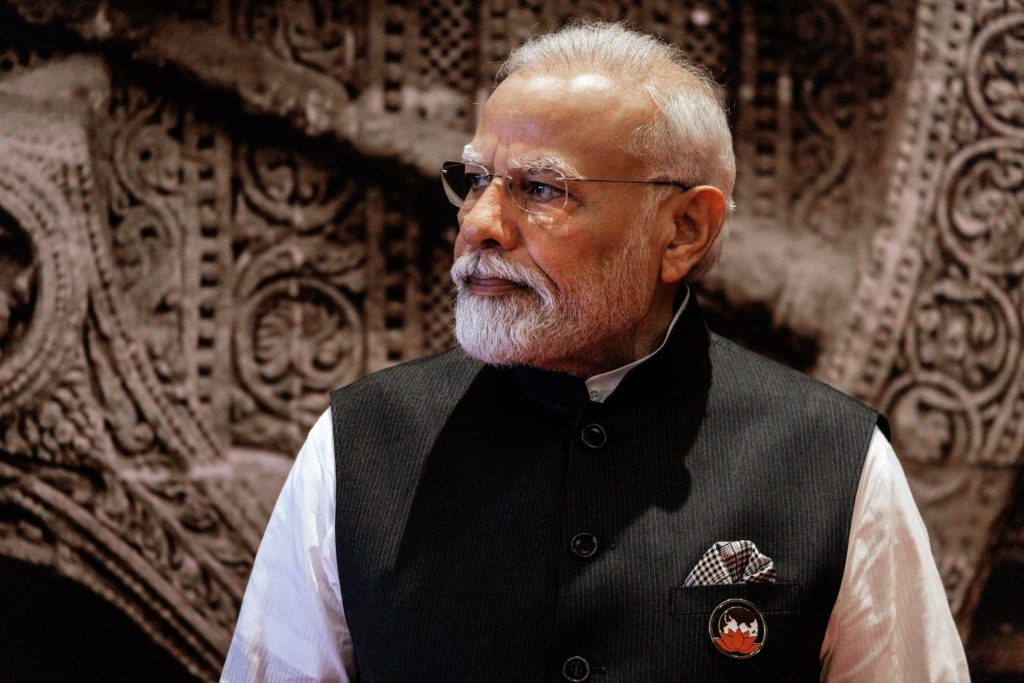
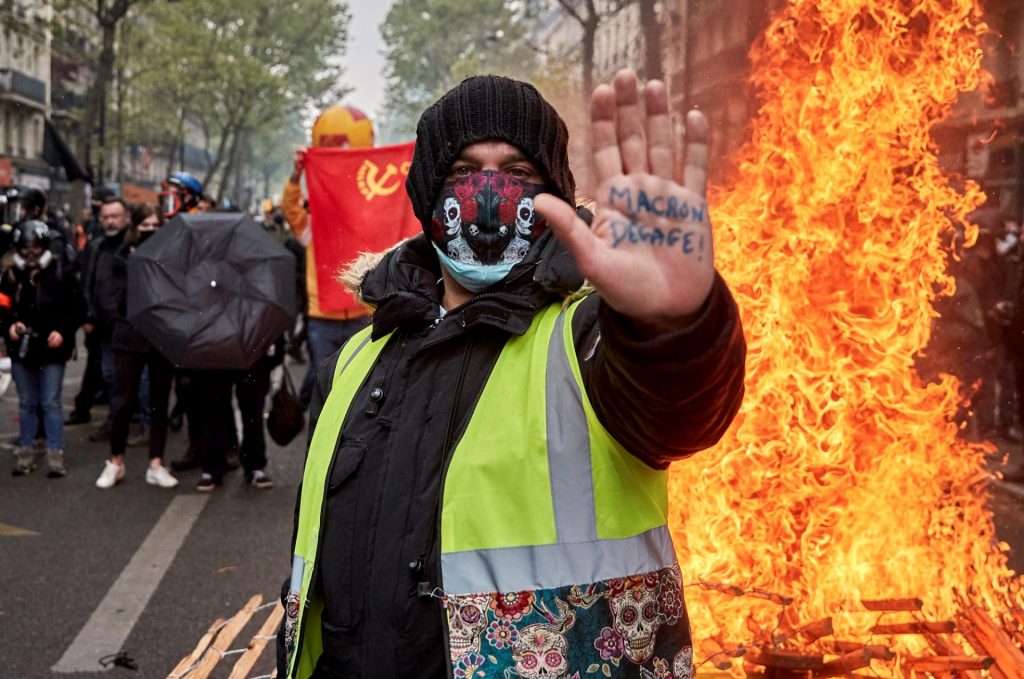
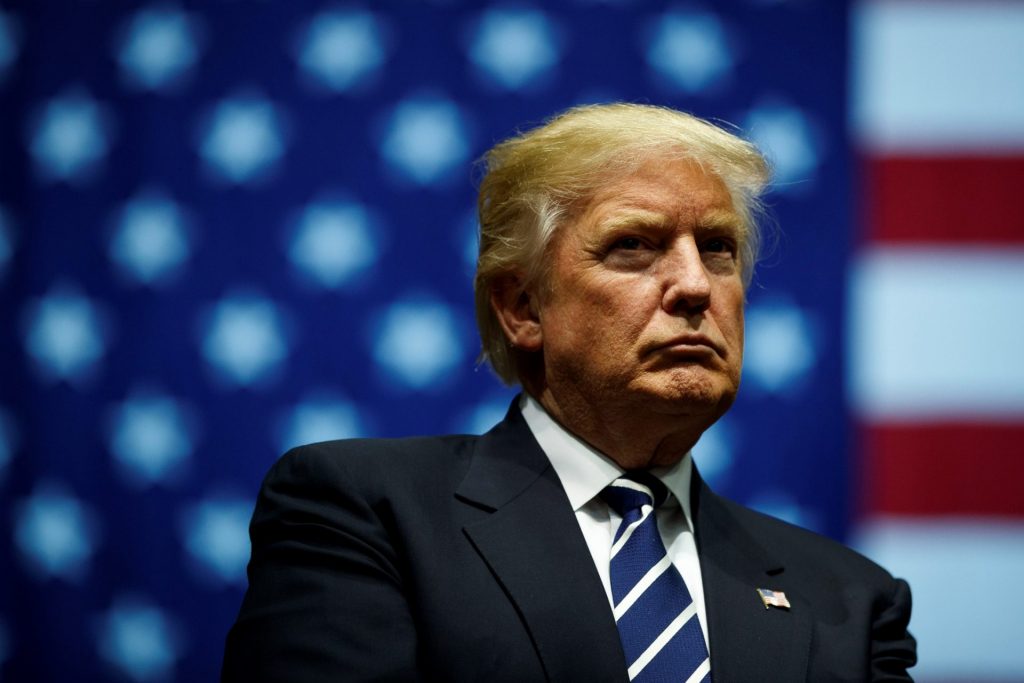
According to the UK Critical Minerals Strategy, evolving technology and the transition from fossil fuels mean we are becoming reliant on new minerals, such as lithium and cobalt for electric car batteries, silicon and tin for electronics and rare earth elements for wind turbines. Mineral supply chains are complex and opaque, and China has the greatest refining capacity in the world. Services that Wagner provides in Africa are often tied to contracts to extract such minerals, on which UK jobs and industries increasingly rely. The German car industry accounts for approximately 16% of German exports and is committed to using electric batteries – yet China controls the flow of raw materials required to make them.
To meet their green commitments, western countries will need to expand their trade deals with both China and the countries in the global south with which China already has deals, at a time when tensions between China and the US are rising. Western countries, particularly those in Nato, will find it more difficult to explore these more compromised forms of security, energy, and trade relationships. The UK discovered this when, following US sanctions against the Chinese company Huawei, Britain had to backtrack on using Huawei’s equipment in its 5G network, or risk being removed from intelligence-sharing relationships.
That threat was especially alarming as European countries, including the UK, are now more dependent on the US security guarantee than at any time since the hottest moments of the cold war. Progress towards European strategic and security autonomy is limited. Projects between France and Germany for a next-generation combat aircraft and main battle tank are slowly failing, and Germany’s biggest recent defence investment, the European Sky Shield anti-ballistic missile system, is being developed outside the EU framework and is based on US and Israeli technology.
Blocs are developing within pre-existing alliances, such as the Baltic and Nordic block within Nato, focused on the threat from Russia, and new alliances like Aukus, the security partnership in the Indo-Pacific between Australia, the UK and the US. Clearly though, these are still heavily reliant on the US.
New alliances will also need to be sought with private companies, especially those controlling technologies crucial to global infrastructure. Ukraine did this with several US tech companies to ensure its communications during the current war. The Israeli PM, Benjamin Netanyahu, took time in November to meet Elon Musk, to ask him not to deploy Starlink communications in Gaza without Israeli government consent.
We are also seeing the increase in alliances that do not include western powers, particularly in the global south. Traditional inter-governmental bodies (like the UN Security Council) are becoming increasingly irrelevant. Western powers will need to consider which bi-lateral relationships give them the best relationship with these new alliances. A recent survey by the European Council on Foreign Relations and Oxford University found that people across the global south, while favouring China as a partner for trade, almost all preferred the US when it came to “security cooperation”.
The US elections will be next year’s most impactful of them all. A divided America risks becoming more divided. The institutions that can provide legitimacy to the results have been significantly undermined, and their enemies, particularly Russia, will want to cast doubt on the result, whoever wins, through large-scale cyber and disinformation operations. Russia sees any action that damages the west as good for Russia and will seek to widen division and, ultimately, hack public trust in democracy. States will need to partner with big tech to prevent this hack.
As the US becomes mired in internal politics, with its armouries increasingly depleted by supporting Israel and Ukraine, and federal debt approaching worrying levels, we are likely to see a further erosion of US hegemony. The president, Joe Biden, asserted in October that “American leadership holds the world together”. The US secretary of state, Antony Blinken, has elaborated on exactly what the US government is holding together: “The system of laws, agreements, principles and institutions that the world came together to build after two world wars to manage relations between states, to prevent conflict, to uphold the rights of all people.” This notion of an “international order”, long seen as absurd in much of the developing world, now seems undefendable by even the most optimistic western diplomat. The US is strong, but the geopolitical system it supports and promotes is increasingly closer to anarchy than order.
Former defence secretary Bob Gates recently claimed that the White House’s system was in overload, stating: “There’s this gigantic funnel that sits over the table in the Situation Room. And all the problems in the world end up coming through that funnel to the same eight or 10 people. There’s a limit to the bandwidth.” The elections will further limit that bandwidth. The return of the isolationist Trump could mean that the funnel is sealed up. If Biden wins, the US’s ability to support allies will become increasingly stretched and their support less welcomed when offered – its unequivocal support for Israel has further alienated the US from the global south.
If the US vote is the most consequential, then the Taiwanese elections in January will be the most targeted by disinformation, possibly in history. They will give us insight into the new tools that will be used in later elections. China will try to oust the ruling DPP, which takes a hard line on China. Artificial intelligence (AI) and deep fakes could see more targeted and convincing disinformation and on a bigger scale. If the DPP is ousted, there could be an easing of tensions. While reason dictates that the cost of any Chinese military action against Taiwan outweighs the potential gains for the premier, Xi Jinping, reason does not always win out over considerations of legacy. If the DPP wins, we will see an escalation of “grey zone activities”, including blockades, economic quarantines and cyber-operations. A conflict, or even a significant increase in grey zone activities, would hit Taiwan’s high-tech industries. That would worsen the current global microchip shortage, pushing the global economy towards recession. But China is already managing internal economic challenges, and a broader downturn of this kind would make these even more painful.
A failure by the US to prevent Chinese escalation, or worse an abandonment of Taiwan, would embolden other regional actors. The same would happen if it abandoned Ukraine. A stretched US will have to make ever more concessions to countries that like its security protection but not its geo-political agenda.
To succeed in this world of multiple alignments, governments must first understand the interconnectivity and interdependence of the present system, and then realise that they cannot simply turn inward. They need strategies for security, energy, and trade, and must treat those in the global south as equal partners.
The old system was born from the ashes of the first atomic bombs. The physicists who created those devices worried that, once they set in motion a chain reaction, it might not stop, and that it might even ignite the atmosphere. If governments do not adapt to our new interwoven world, the politics of 2024 could ignite a different chain reaction, one of geopolitical risks, that will spread and spread.


